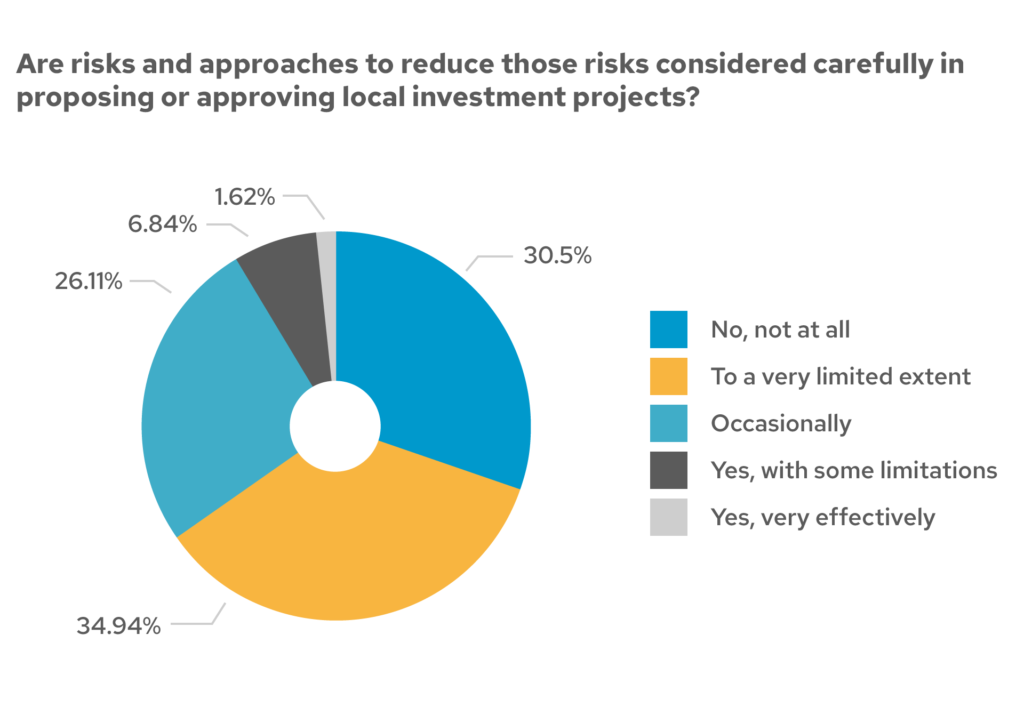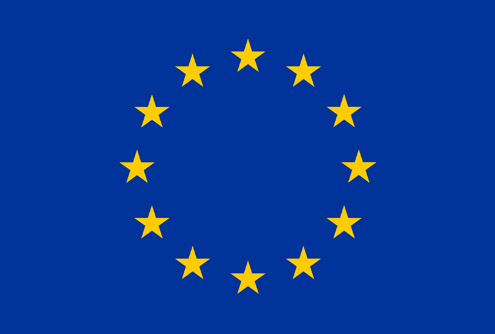VIEWS FROM THE FRONTLINE
Mali
We’re working with 15 communities in Mali to ensure that development is informed by the perspectives of people most at risk.
As part of our global Views from the Frontline programme we have surveyed community members, civil society organisations and government representatives across the country. Here we present our key findings, conclusions, activities and impact.
Random household surveys
Civil society surveys
Local government surveys
Key findings and conclusions at the national level
- There is a need to build community resilience to disasters, climate change and conflict
- Communities need to be consulted while assessing, planning, implementing and monitoring risk reduction plans and activities
- There is a need to allocate more financial resources to strengthen and institutionalise risk reduction into governance mechanisms both at the national and local levels

Surveys undertaken in Mali
Our Views from the Frontline surveys in Mali were undertaken in 2019.
Who was surveyed?
We surveyed 1,576 random households, 176 civil society organisations, 152 local government representatives, and undertook 81 community consultations.
Risk locations prioritised
We prioritised four risk areas:
- Bamako
- Koulikoro
- Tombouctou
- Mopti
Communities surveyed
We surveyed people from 15 communities: Banconi, Bougouba, Korofina Sud, Sébénikoro, Lafiabougou, Nara, Guiré, Fallou, Tombouctou, Bourem Hinaly, Diré, Goundam, Bandiagara, Ténenkou and Youwarou.
“Disaster risk reduction and climate change are everybody’s business today because no one should be left out of this fight. The poorest are the first victims of the consequences. We must put pressure on ourselves to improve our behaviour towards nature in a positive way.”
Community representative, Mali
Our impact
Activities undertaken in response to community-level findings and conclusions
- Organised and developed a framework of consultation between elected municipal officials and communities on disaster risks as well as addressing the issues to deal with the future threats
- Trained local level and village institutions on conflict management and resolutions, as well as on flood management and the impacts of climate change
- Organised campaign and advocacy workshops with the inclusion of women, children, and youth in DRR
- Set up a mechanism for the prevention and management of threats and conflicts in the locality and trained local actors
- Carried out short projects to reduce immediate risks, such as repairs of gutters and the fixing of dunes
Impact of activities
- Communities have greater awareness of disaster risk reduction and risk reduction measures
- Communities are included in assessment, planning, implementation and monitoring of risk reduction plans and activities at local level, as well as conflict management
- Local level authorities allocate financial resources to strengthen and institutionalise risk reduction in governance mechanisms
Our project partners in Mali
Our Views from the Frontline programme is implemented by GNDR member organisations and partners in the country.
National coordinating organisation
- Association de Formation er d’Appui au Developpement
Partner organisations
- Association Malienne d’Appui aux Initiatives Locales
- Association pour le Développement en Zone Aride
- Association de Formation er d’Appui au Developpement
- AZHAR
View all data from Mali
You can view all our Views from the Frontline survey data using our data dashboard. You can also learn more about our methodology for selecting at-risk areas and survey respondents.
Project funded by
European Union

Our Views from the Frontline project is funded by the European Union (EU). Content related to this project on our website was made possible by the support of the EU. All content is the sole responsibility of GNDR and does not necessarily reflect the views of the EU.
View their websitePhoto credit
Scenes from Life in Gao, Mali by United Nations Photo on Flickr.